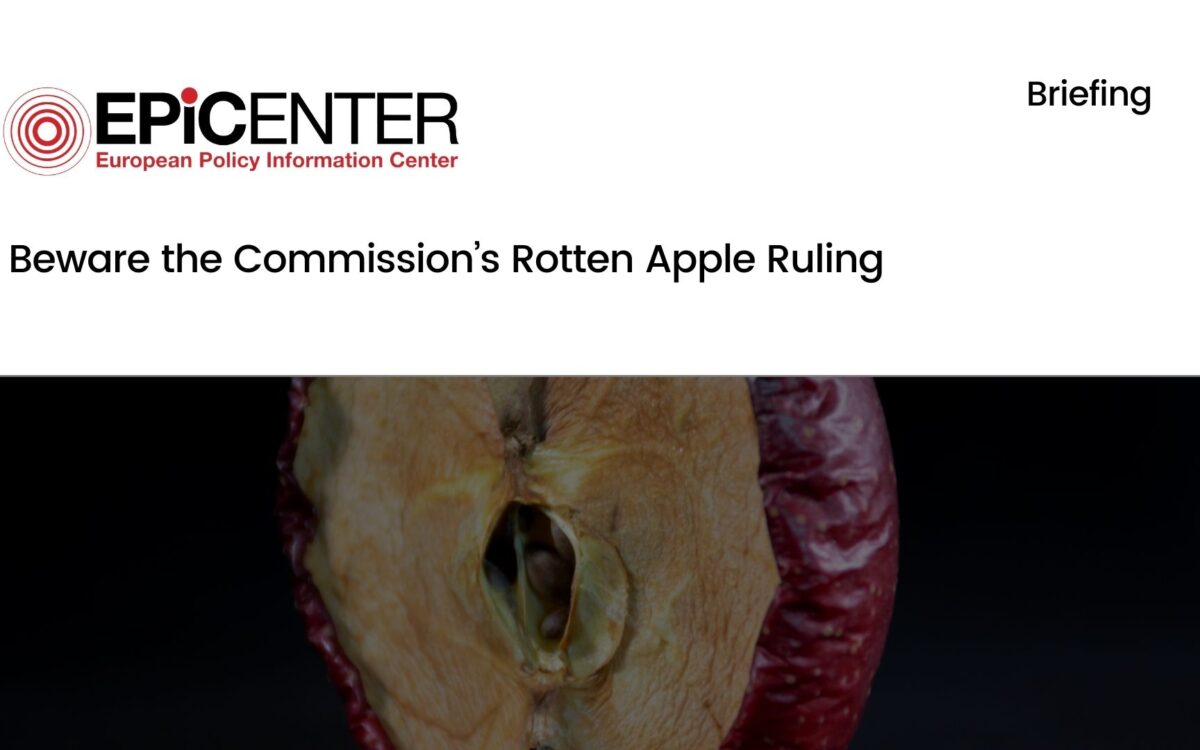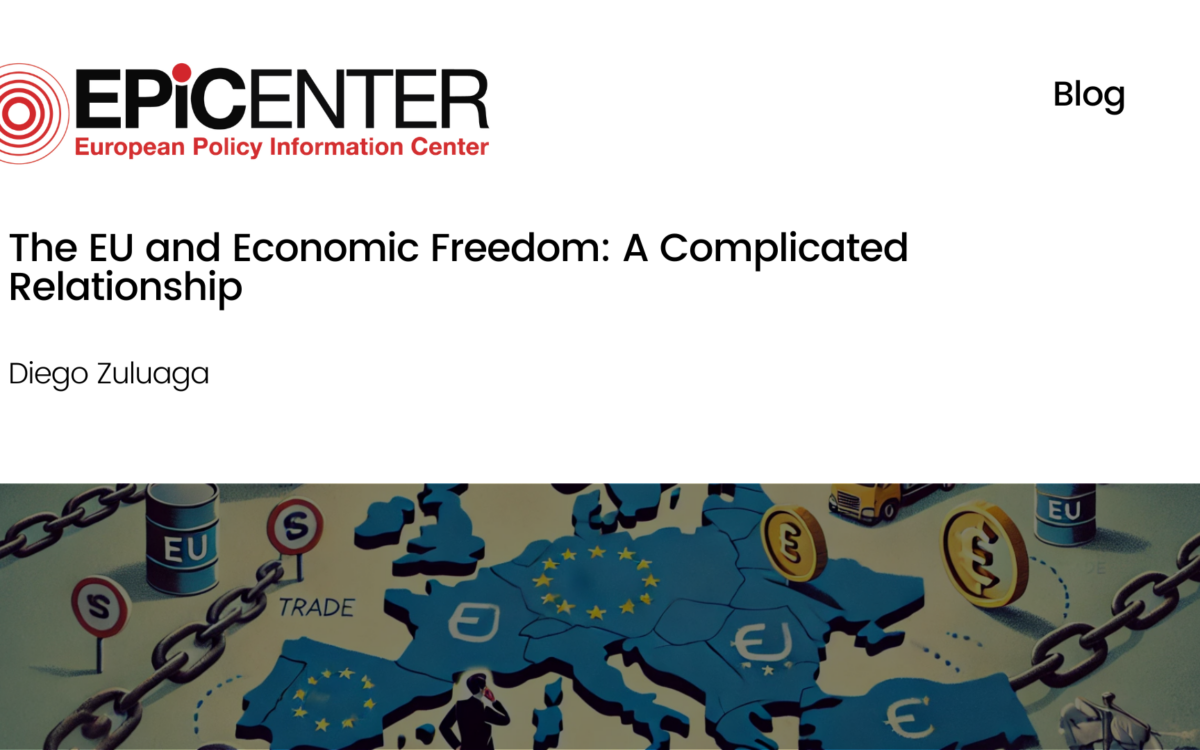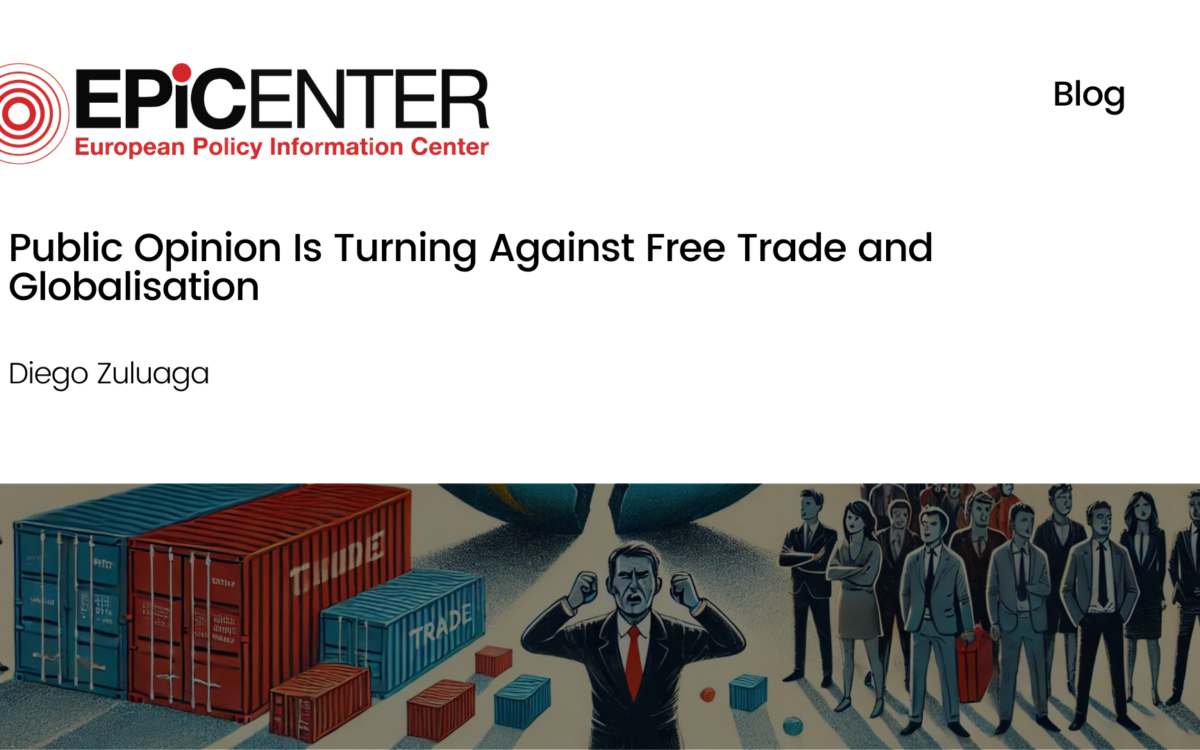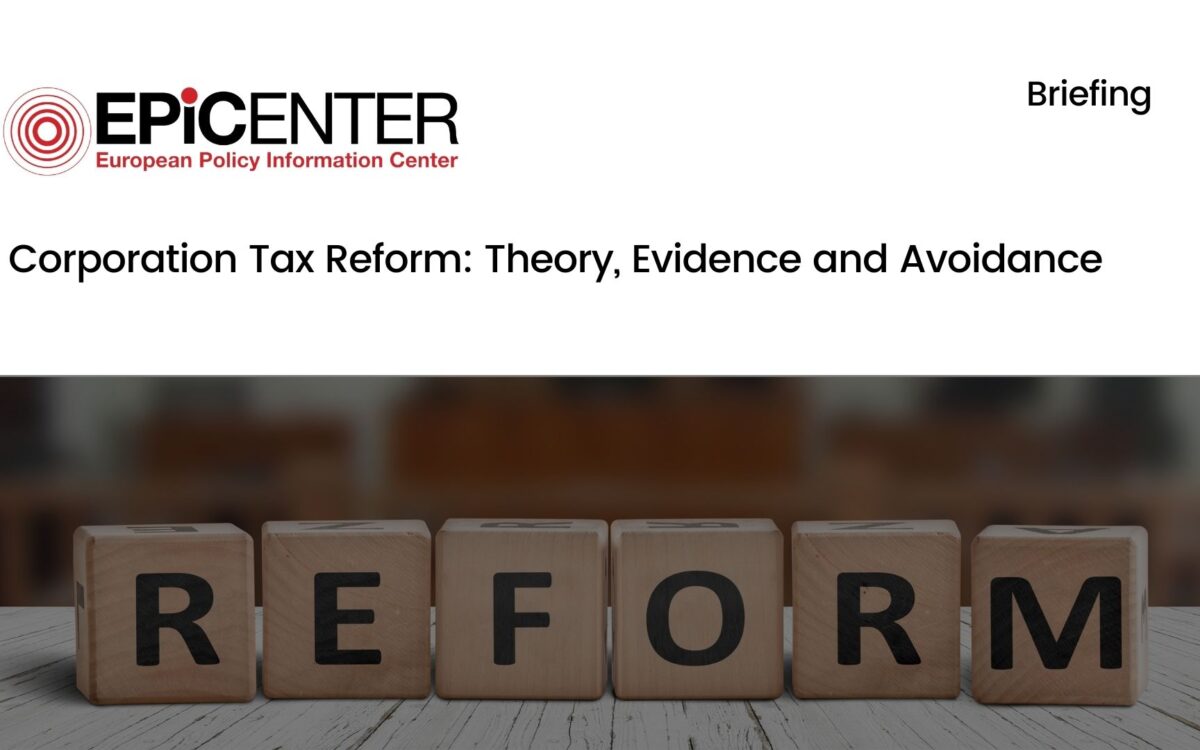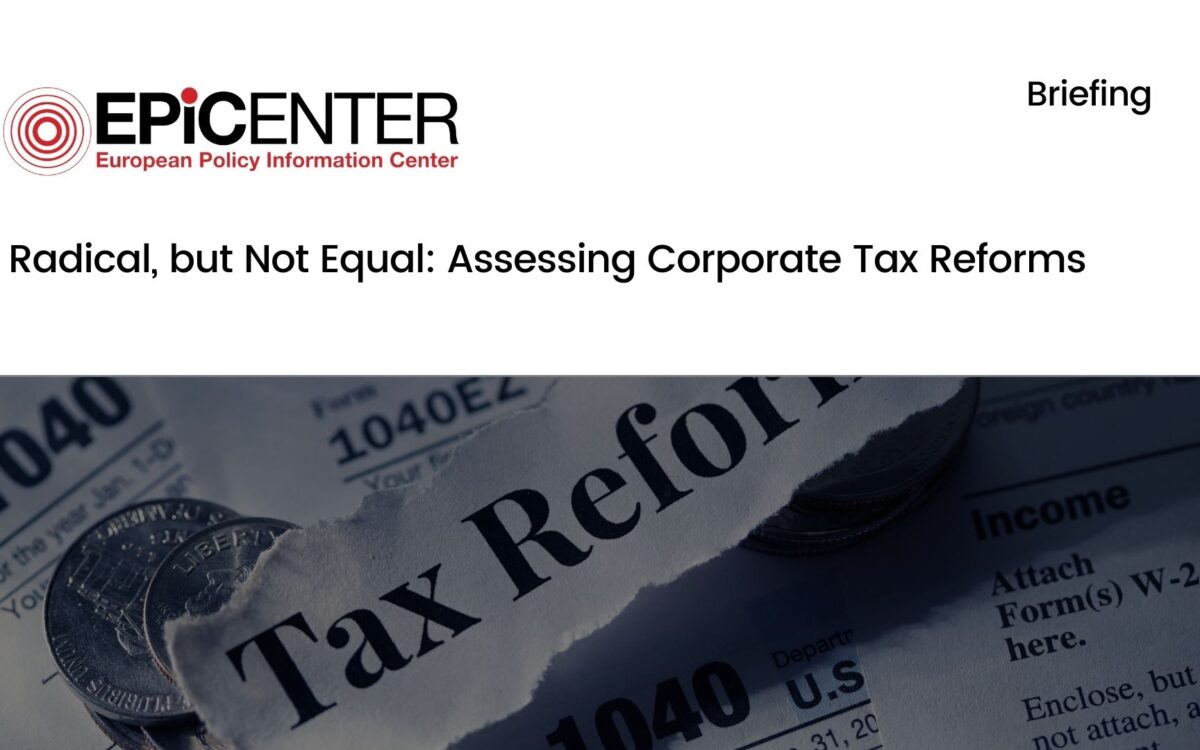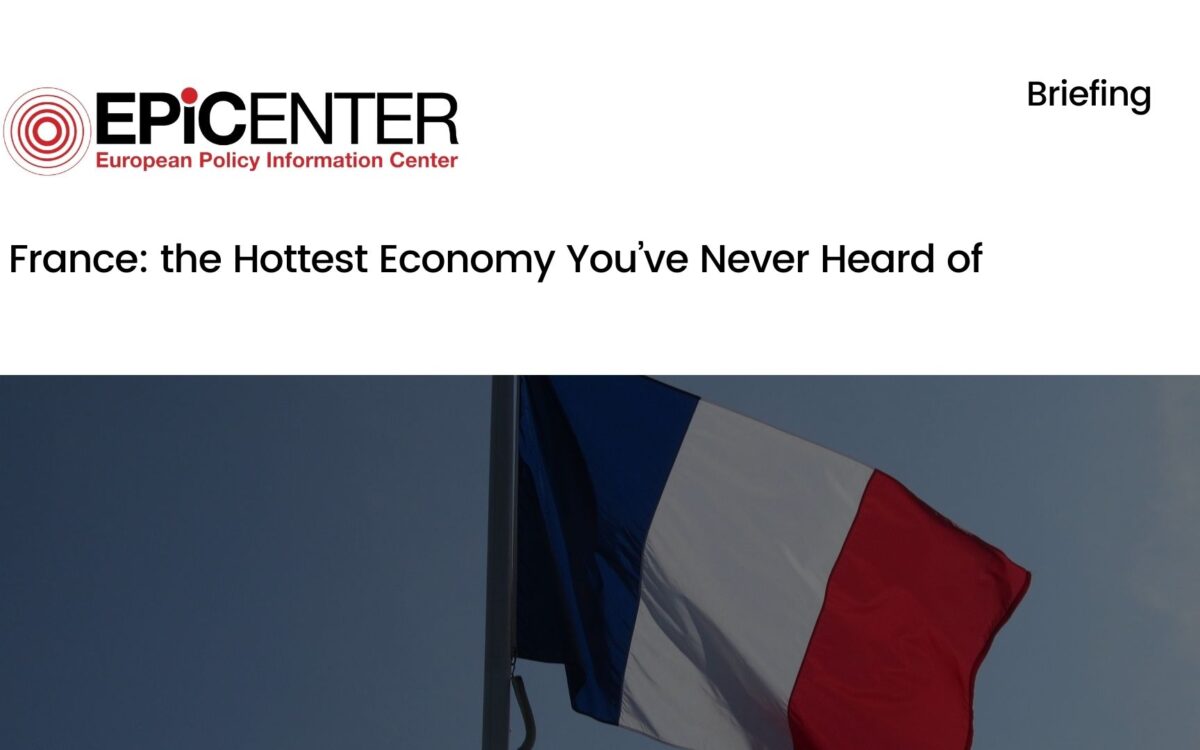September 1, 2016
The European Commission has ordered Ireland to recover €13bn worth of allegedly unpaid taxes from Apple. Reception of the decision has been mixed, with some hailing the ruling as an indictment of Ireland’s low-tax policy, whilst others have condemned the move as a badly concealed attempt by the EU to obtain tax powers by stealth.
